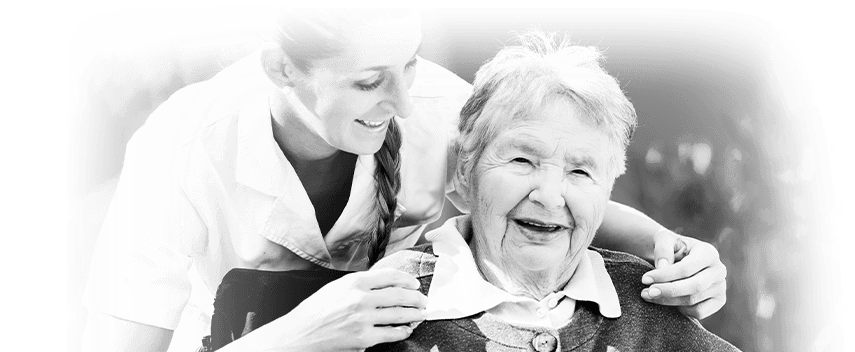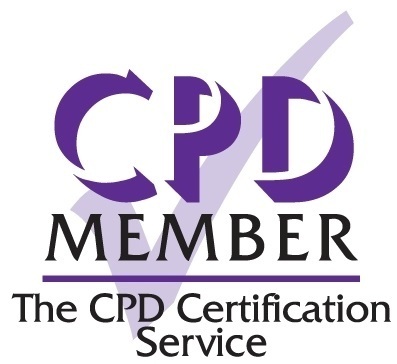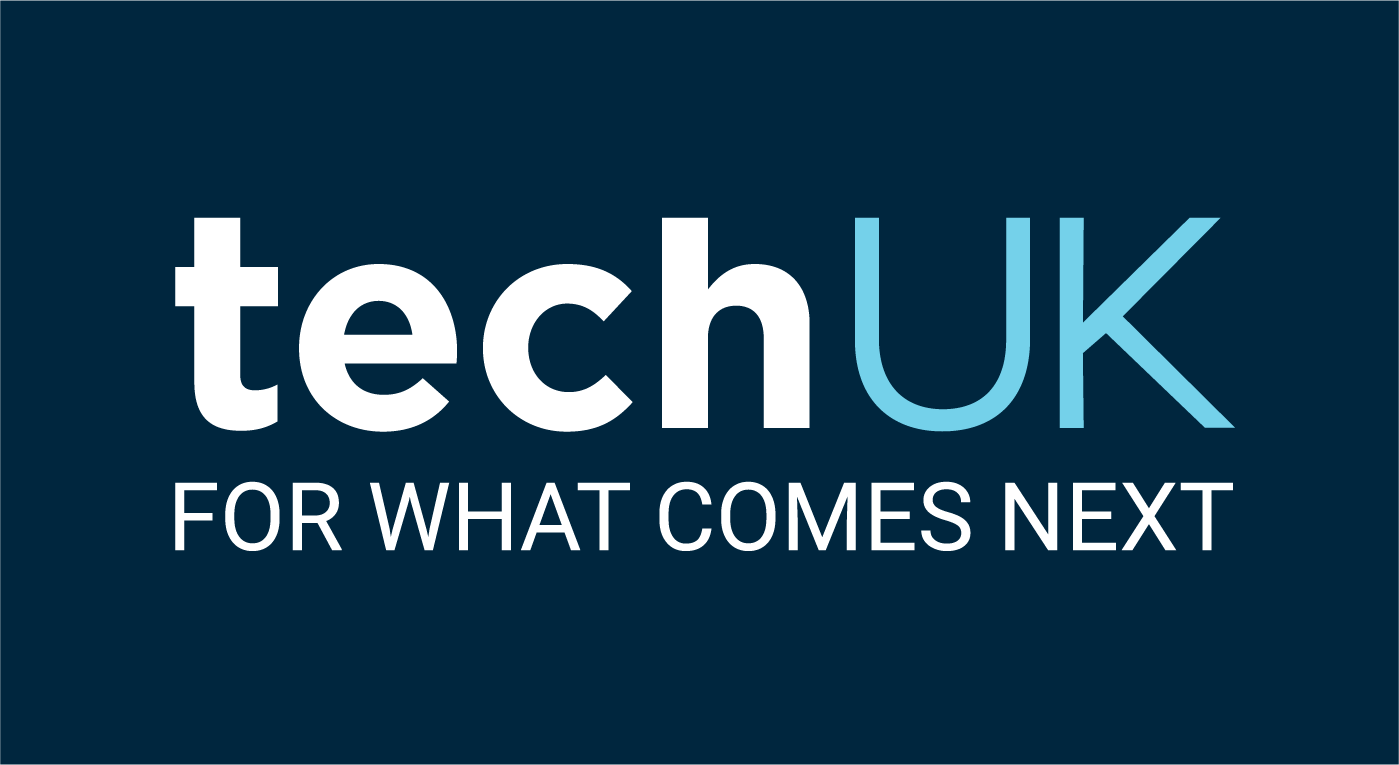
Digital health change & training – the 5 levels of good learning and adoption
These days most digital health programmes, large or small, allow time and resources for training. […]

Effective communication and engagement are critical to any change programme.
What does that mean in practice? And how do we make that happen on large, complex and lengthy change programmes? Here are 5 key steps to ensuring your communications contributes to a successful change programme.
Communications should be delivered in support of transformation – to shape this over the life of a change programme Ideal recommend using the Prosci ADKAR Model.
The Prosci ADKAR Model is an internationally recognised framework for understanding and managing individual change. The elements of the ADKAR Model align well with the phases of a change programme. It suggests that “Change happens at the individual level. In order for a group or organisation to change, all individuals within that group or organisation must change.”
It works well in reminding us how we should begin by raising Awareness of a change, then increasing Desire and Knowledge of the change, finishing off with creating Ability and then, in a post-Go-Live world, we talk about Reinforcing that change.
The ADKAR methodology is fundamental to delivering successful transformation and should underpin all change interventions, including training, change management and communication.
Clear, consistent, targeted communication is vital to enabling change. When starting a large change programme, start by developing a communications and engagement strategy and make this an integral part of the programme. If staff don’t understand and embrace the change, they are unlikely to alter behaviour and adoption will be low.
The Comms and Engagement Strategy should be built upon the following:
Key elements to think about when pulling together a communications and engagement strategy:
It is helpful to hold early workshops with key people involved in the programme to get the communications strategy underway. Collectively agreeing your key messages and key stakeholder groups at an early stage is vitally important.
It is also important to decide who is going to lead and deliver the communications messages throughout the programme. This shouldn’t be the communications team. The key influencers need to lead your communications, as they will have the most impact.
The governance structure needs to be set up as soon as possible. An Oversight Group is needed to sign off messages in a timely way and to continually review the communications approach and plan throughout the life of the programme. As the programme moves towards Go-Live, the frequency of important messaging becomes higher, and quick sign off is essential to keep everything on track.
A stakeholder mapping exercise is a useful tool to force the Programme team to think about where it needs to put most communications effort and the frequency of engagement .
It can also change over the lifecycle of the programme so needs to be regularly reviewed and updated.
There are a few key stakeholder groups to consider:
The Case for Change is a clearly articulated rationale for the change, creating a sense of urgency, feeling of passion, optimism and belief in the future.
Define the change story using the 5Ws framework, to identify key themes that will be used across the organisation to communicate the change vision with one voice:
It is important that managers and the programme team can tell the story of the change so that staff understand it and buy into it. They need to own the story and be confident about sharing it with their teams in a consistent way.
Every time someone on the programme has a chat with someone about the change, whether formally or informally, they are communicating about the programme. Every member of the programme is a communicator in their own right and everybody has a responsibility to communicate.
It follows that everyone needs to be on message, on the same page and saying the same things. What is the case for change? Why are we doing this?
Communications teams can help by providing an elevator pitch to explain the benefits, followed by a five-minute catch-up chat, or a more detailed 10-minute chat for those heavily involved. Also provide managers with FAQs to support discussions with their teams.
The programme can last for a long time, so it a challenge to maintain interest.
Use senior clinical colleagues as key communicators, introduce videos and animations to bring change to life, celebrate staff stories and successes, use virtual platforms for people to ask questions, use feedback, and countdown mechanics to create urgency.
Communication is everybody’s responsibility. It is not possible for the comms team to manage every single communication that comes out of the programme.
A cycle of communication will be created where all the various teams are feeding in updates, issues and requirements which need to be included in the communication outputs. It can become quite complicated to manage as so much is going on.
It is really important that, in the middle of it all, the communications and programme teams are working together to agree what needs to be communicated and when. Everyone needs to pull together to keep the messaging relevant and timely whether it’s training, testing or Go-Live activities.
Create your communications plan early and socialise it with key stakeholders. Frame the conversation with who, what, when, why, how. The plan will need to be flexible and adapt to changes in the programme.
Regular evaluation and feedback will steer the communications content and approach.
Use a combination of surveys, focus groups, 1-2-1 interviews, data and anecdotal evidence to assess the progress of Awareness, Desire, Knowledge, Ability and Reinforcement, from the start of the programme through to Go-Live and beyond.
At regular agreed intervals throughout the programme, further surveys and 1-2-1s should be conducted to review progress.
The communication approach needs to be at the heart of the programme. The role of communications is to help to connect the activity together to tell the story of the change, but everyone in the programme team and organisation also have a role to play in telling this story.
Consistent targeted and engaging comms are vital to enabling change. If staff don’t understand why change is happening and embrace it, they are unlikely to alter behaviour and adopt new ways of working.

These days most digital health programmes, large or small, allow time and resources for training. […]

There are 5 critical paths required for a successful EPR implementation and many potential blockers […]

There are many challenges in data validation in the mental health space, with the need […]
“Perot Systems has worked with Ideal on provision of floor walking services to support large scale Cerner implementations. The success of the implementations and the smooth execution of the go lives have rested significantly on the success of the services that Ideal Training provide. The staff themselves are extremely knowledgeable in both the product and the NHS operations they support with specialist SME’s provided as demanded”.
“Ideal's Digital Maturity review has enabled us to refocus our Digital and Data Strategies post-Covid, appreciating which shared and individual activities could support our ambitions for digital healthcare in our area. We are now taking the recommendations forward via a series of workshops across ICS partners to reprioritise and plan our next phase of activities”
“The E-Learning Development Manager from Ideal worked closely with my Training team to develop e-learning content for Maternity. The modules delivered were concise, thorough, and easy to absorb. The structure was clear, logical and effective, and included elements of interactivity and video. There has been a lot of praise by the SMEs and staff regarding the high quality of the work produced on a very complex specialty. I found working with Ideal to be a very positive experience. I would highly recommend for any related work”
“The trainers supplied by Ideal did a very thorough job in preparing staff at the Royal Free, including adapting the programme to meet the needs and availability of the consultants. The trainers further enhanced the service by gathering information from the shop floor and feeding back to the training team. We were delighted with the service we received from Ideal”
“Ideal has an excellent reputation as a top-class training provider working exclusively in the health sector. With their experience and demonstrable track record in delivering IT training solutions to NHS organisations, Ideal was the clear choice for BT and Connecting for Health”
“Ideal demonstrated great agility in supplying experienced support for the Trust’s EPR requirements and mapping exercises. They showed great flexibility in meeting the Trust’s needs, clearly articulating the approach and costs associated. This coupled with advice and experience enabled the ‘As Is’ and ‘To Be’ processes mapping to complete to time and quality”
“For the implementation of our EPR+ programme, the Trust needed a partner who we were confident could help us successfully deliver the system. Ideal demonstrated an approach which married up to our requirements”
"A big shout out to the Ideal Health team for being super friendly, flexible, and approachable. The more we work together, the better it gets. Familiar faces become part of the Go-Live team, learning the geography and culture of the organisation. Including the Ideal Health management team behind the scenes, we always feel fully supported with a "can-do" attitude that helps us make improvements every Go-Live. For those returning for the March Go-Lives, I look forward to working with you again!"
"Ideal Health contributed towards the success of our Apollo Programme. They provided a team of 100 trainers who collaborated with our programme leaders and trainers to develop training materials aligned to our training strategy. Together, they created 800 engaging e-learning modules and delivered face-to-face training to over 30,000 staff across multiple locations. This comprehensive approach ensured that our workforce was well-prepared for the Epic programme's go live."
“Ideal made a big difference. By using Ideal as the foundation of our floorwalking support, and augmenting this with Trust staff, we were able to ensure a constant, capable presence with our end-users 24/7. This would not have been possible without Ideal and reduced the impact on the wider Trust saving us from having to pause additional activity.”
“We were most impressed with the calibre of floor walking staff supplied by Ideal. They were highly professional in their approach and demonstrated a fully comprehensive understanding of the system”
“The trainers Ideal provided have been brilliant. They not only provided the highest quality training and feedback, but were always prepared to go the extra mile when needed. Thanks for helping develop a relationship that we can rely on and when we’re looking for capacity to roll out the rest of eRecord we’ll be on the phone. Look after the trainers we’ve had – they’re a great bunch”
“We recognised the enormous impact a good floorwalking team has on the success of project implementation. With Ideal Training’s previous track record and experience in Cerner implementations, we felt confident in the service offered and would certainly consider working with them in the future”
“Ideal were a valuable partner as we engaged operational teams to translate our high-level ambitions into a meaningful vision and digital objectives. Their impartiality and customer focus meant they were able to communicate clearly with colleagues, identify common problems, and sensitively move past stress and ‘pet peeves’ to get to the heart of the difficulties our teams were experiencing in accessing the right information day to day”










